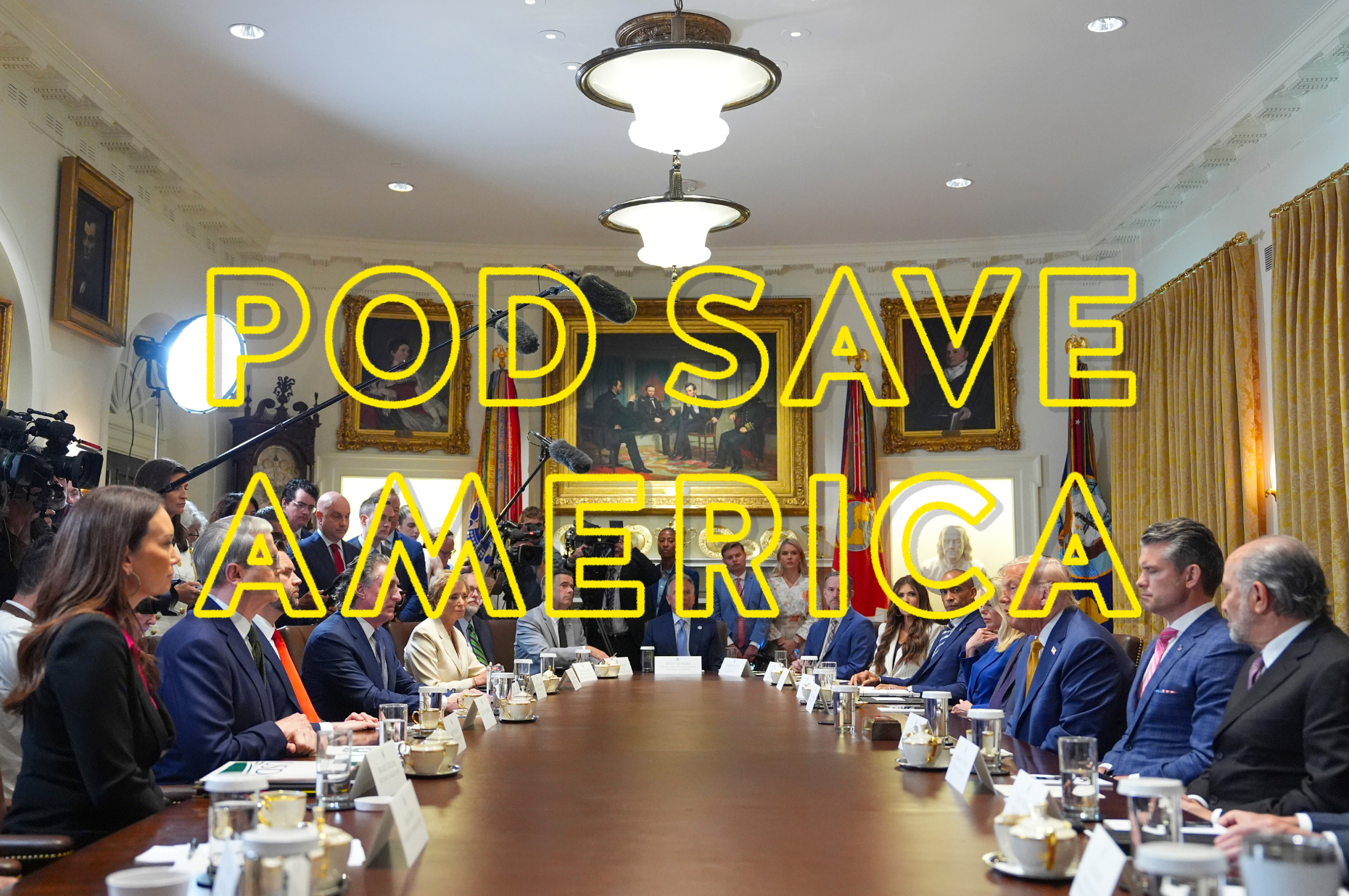“On my sentencing document it says: The State of California vs. James King. That’s a really good symbol for the way I always felt outside of society.” – James King, inmate at San Quentin State Prison, 2018
When someone commits a crime and is sentenced to a prison term in California, they forfeit many of the civil rights of citizens. One of those rights is the right to vote while in prison and on parole. However, of all those rights, this is precisely the one that we should encourage all Americans—whether in prison, on parole, or otherwise—to exercise. This right is not only instrumental in helping to elect officials, it would also allow prisoners to connect to the outside community in a healthy, productive manner. Many incarcerated individuals come from neighborhoods where voting is considered pointless. This feeling of alienation from society is one of the contributing factors to the crimes they commit.
Throughout the history of the United States, voting was a right that was not widely shared. Women did not gain the right until the Equal Suffrage Amendment in 1920. It was not until the 1960s Civil Rights Movement that many African Americans were actually able to exercise their right to vote. But when the dust settled, felons had been left behind.
In the United States, there are approximately six million people locked up or disenfranchised while on parole or probation. This alone is a staggering statistic. But it is even more astonishing when you consider that most of these people come from some of the most marginalized neighborhoods in America. This means that the voices and needs of those communities, which are already neglected, are systematically underrepresented further.
Voting also has a much greater significance than just casting one ballot among hundreds or thousands or millions. It is about human dignity and human rights. Giving prisoners and parolees the right to vote will have an important impact on those individuals. It will tell us that we are citizens who are reasonable, intelligent, and a part of society. Although we are incarcerated, we are still citizens of this country with family and friends outside of prison that we care about. Giving felons the right to vote connects us to our communities and gives us a voice in the laws that affect all of us. It gives us hope and reaffirms our fundamental humanity.
Most of the people in prison who I encounter think often about how to make amends for the crimes that they committed. Once you start to go through the rehabilitation process, you recognize the people who you have impacted through your crimes, and it creates a desire to give back. Voting will give incarcerated people one small but significant pathway to engage with and help their communities. It will bring these individuals and the marginalized communities that they come from out of the shadows, improving public safety along the way.
Initiate Justice, a nonprofit group for prison reform has been gearing up to help get the Voting Restoration and Democracy Act on California ballot. This bill would restore the right to vote to people currently in prison and on parole in the State of California.
Many inmates have never voted as a result of the young age at which they entered the criminal justice system, or their feeling that the system would never work for them. Knowing that you have the power to affect change will bring about a different mindset in these halls of despair. Many individuals in prison battle shame and hopelessness everyday. But giving these individuals a voice can be transformative; by restoring voting rights, we may actually be restoring people.
“If a person has a chance to make a contribution that will affect their lives, this brings about a good spirit. And when you feel good, you do good.” – Inmate at San Quentin State Prison, 2018



